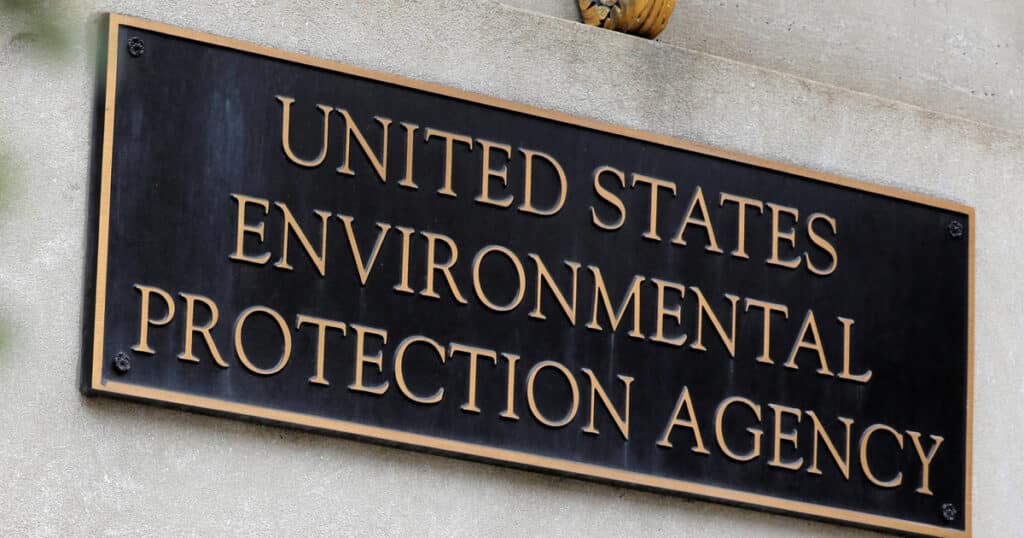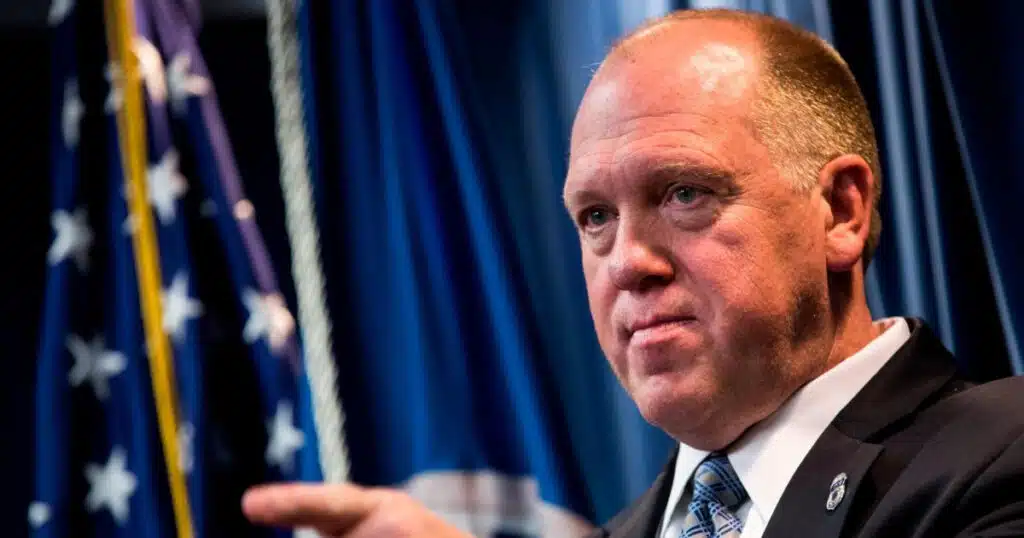
Republicans, Democrats grapple over EPA appropriations bill
As Republicans on the House and Senate Appropriations subcommittees work to advance the 12 annual appropriations bills funding the federal government in fiscal 2026, Democrats are sounding the alarm about proposed cuts to environmental programs.
The House Appropriations Interior, Environment, and Related Agencies Subcommittee met Tuesday to mark up its fiscal year 2026 bill authorizing $37.9 billion in funding for the Environmental Protection Agency, the U.S. Forest Service, and others.
Under the legislation – which advanced despite uniform Democratic opposition – the EPA would receive $7 billion, a 23% funding cut from the current fiscal year. Those cuts target spending deemed wasteful by Republicans, such as diversity initiatives, but also bipartisan programs funding drinking water, wastewater management and chemical pollution cleanup.
The Hazardous Substance Superfund would receive $283 million for fiscal year 2026, a nearly 50% cut that aligns with the Trump administration’s EPA funding request. Clean Water and Drinking Water State Revolving Funds get $2.1 billion, which is $662 million below the fiscal year 2025 level.
The legislation also includes 72 “policy riders,” or nonremovable funding policy changes to initiatives outside the appropriations bill. One of those changes would block the EPA from finalizing and implementing a draft regulation regarding the most dangerous forms of PFAS chemicals in sewage sludge.
A growing number of states have found high levels of these chemicals in municipal sewage sludge that many farmers use as fertilizer, resulting in widespread PFAS contamination of crops and animal meat sold nationwide.
U.S. Rep. Chellie Pingree, D-Maine, told fellow subcommittee members that the policy rider “makes absolutely no sense.”
“We know that PFAS remediation is going to be immensely costly. Why wouldn’t we take steps to prevent contamination in the first place?” she said.
Democrats also condemned proposed funding cuts to the Chemical Safety Board, the Bureau of Safety and Environmental Enforcement, the National Park Service, and the National Gallery of Art, among other programs. The bill softens or repeals some regulations on pesticide and chemical manufacturers as well.
House Appropriations Committee Ranking Member Rosa DeLauro, D-Conn., said the bill advances a “pro-pollution, anti-environment, anti-Parks and Arts agenda” that will force state and local governments to either hike taxes to make up the loss or else cut their services.
Republicans, however, praised the bill’s rolling back of costly regulations, promotion of domestic energy production and critical mineral development, and funding for wildland fire management.
The legislation also would provide $2.9 billion for the Bureau of Indian Affairs and boosts funding for the Bureaus of Indian Education and Indian Health.
House Appropriations Committee Chairman Tom Cole, R-Okla., highlighted “the importance of targeting resources where they are needed most,” arguing that funding has merely “been reduced for lower-priority programs and strategically reallocated to urgent needs.”
Congress has until Sept. 30 to pass all 12 bills, otherwise, parts of the federal government will shut down.



